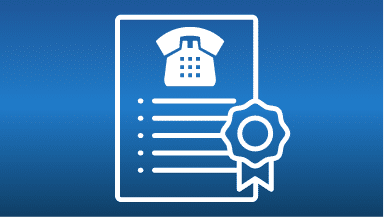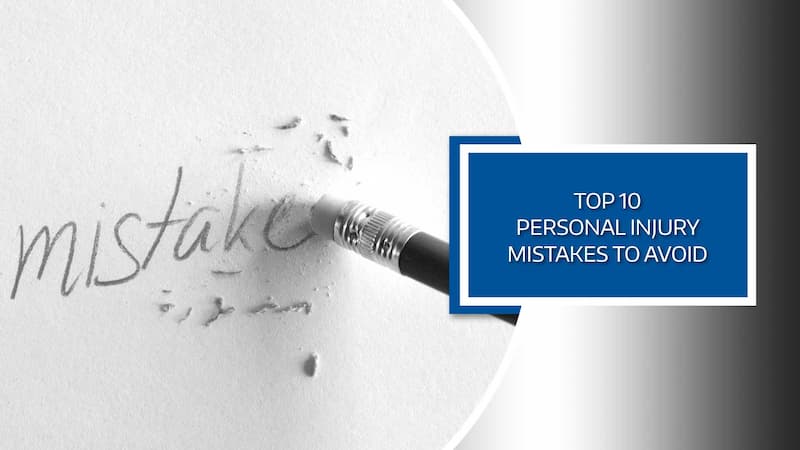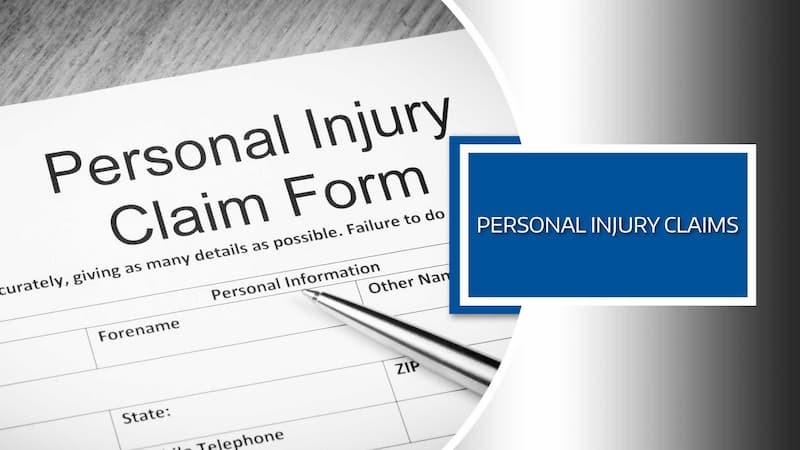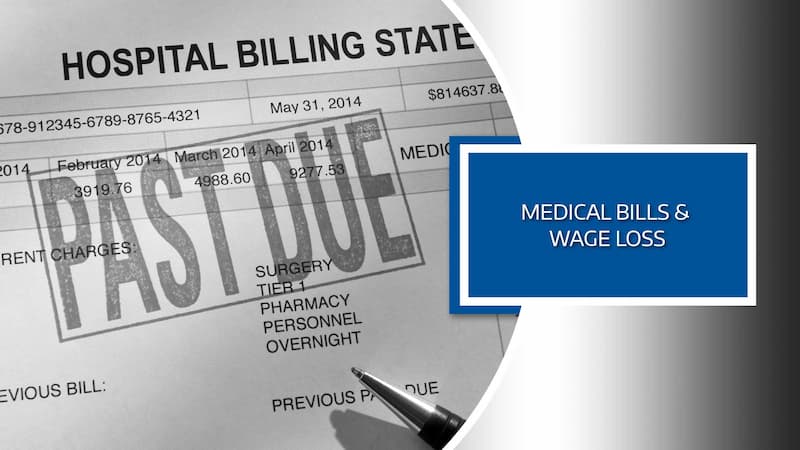#6 How do I help my patients prepare for the Independent Medical Exam (IME)?
QUESTION: How do I help my patients prepare for the Independent Medical Exam (IME)?
ANSWER: One of the most effective ways you can help your patient prepare for their IME is to refer them to the Personal Injury Claims Resource Portal on the Bridge City Law website. There they will find a robust library of information for you patients who have been injured in a car accident, which includes 10 short articles and accompanying 2-3 minute videos specifically about preparing for an IME.
How do I help my patients prepare for the Independent Medical Exam (IME)?
One of the most effective ways you can help your patient prepare for their IME is to refer them to the Personal Injury Claims Resource Portal on the Bridge City Law website. There they will find a robust library of information for your patients who have been injured in a car accident, which includes 10 short articles and accompanying 2-3 minute videos specifically about preparing for an IME.
Whether we represent your patients or not, we want them to have access to the information that will help them understand why they’re being sent to an IME, how to prepare for the exam, what to anticipate from the IME appointment, and how to respond to the questions they’ll be asked by the IME doctor.
When it comes to seeing a healthcare professional for a medical exam, we’re culturally trained to provide detailed information about our condition, how we’re feeling, and to share anything we think the medical provider might need to know about our injuries, pain, and discomfort, so they’re in the best position to help us.
When attending an IME, the opposite is true.
As you know, the IME appointment is not a treatment appointment, the doctor is not seeing your patient to help them get better.
They’ve been hired by the insurance company and they’re examining your patient for one purpose and that is to write a report for their PIP carrier to justify that your patient’s PIP benefits are stopped. So, the more information your patient shares with the IME doctor, the more details they have to use against them. It’s important to advise your patients to be short and succinct in their responses to the IME doctor’s questions and not to offer any additional information or details.
There are lots of dos and don’ts in navigating the IME process, and things for your patient to be aware of that can have a significant impact on the results of their IME. Some of the most critical ones include:
- It’s also important that your patient fully understands the question the IME doctor is asking before responding. If there is something confusing to your patient about the question, they should just simply say, “I’m sorry, could you please re-ask the question?” The IME doctor is not going to ask them a trick question but sometimes people don’t ask questions in a way that is clear.
- If the IME doctor asks a question and your patient has an exact answer to their question, great. If they have an approximate answer, that is fine too. But if they don’t know the answer, it is critical to their credibility that they don’t guess the answer. They should simply say, “I don’t know the answer to that question.”
- It can also be helpful to remind your patient to pay attention to whether the question the IME doctor is asking is actually calling for a ‘yes’ or ‘no’ answer. We can all fall into the situation of giving long answers to a question that really just requires a yes or no answer.
- And again, the rule that can be the hardest rule for your patients to follow — they will do more to protect their PIP benefits and their personal injury claim by keeping their answers short and to the point — and not volunteering any information that they’re not being asked directly by the IME doctor.
While these are helpful guidelines and provide some context for your patient about what to do and not do surrounding their IME, encouraging them to consult with an experienced personal injury attorney will ensure that they get the guidance and counsel they need about their specific claim. The lawyer will provide a no-fee, no-obligation initial consultation. During the meeting, the attorney will ask your patient a number of questions to help them understand the details about your patient’s accident and their injuries. This will help the lawyer be in the best position to advise your patient about their specific circumstances and claim.
We’re here to be a bridge of support for you and your patients.
We have developed a robust library of information for your patients who have been injured in an accident, which can be found in the INJURED? START HERE portal on our website.
There are 40 topic-focused articles, with accompanying videos, organized into the four categories that include the personal injury claim-related questions we’re asked most often, which include:
- Top 10 Personal Injury Claim Mistakes to Avoid
- What You Need to Know About Your Claim
- How Are My Medical Bills & Wage Loss Paid
- How to Prepare for Your Independent Medical Exam
Each article provides advice and guidelines to help your patients navigate each phase of the personal injury claims process. Whether we represent your patient or not, we are passionate about them knowing how to protect their rights, get the medical care they need, and avoid the mistakes that can harm their personal injury claim.
Each article provides advice and guidelines to help your patients navigate each phase of the personal injury claims process. Whether we represent your patient or not, we are passionate about them knowing how to protect their rights, get the medical care they need, and avoid the mistakes that can harm their personal injury claim.
Additionally, if it would be helpful to have the information we feature on our website available in your office to pass along to your patients, we’ve developed brochures for each of the four article series -- in both English and Spanish that we’re happy to send to your office. Please complete the form below and we’ll get them out to you promptly.




























































